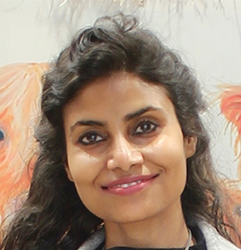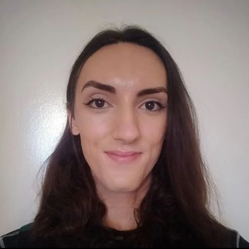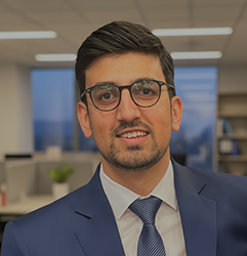1. Purpose
The Postdoc Committee (PC) is established to support the NeuMat Network’s mission of fostering excellence in neuromorphic materials and devices for energy-efficient AI hardware. The PC will provide strategic input and operational support for key mechanisms of the network, particularly M1 (Electronic/Online Promotion Activities) and M4 (Winter Schools, Training, Videos, Outreach).
2. Responsibilities
- Support M1 Activities:
- Assist in the design and promotion of the NeuMat website.
- Contribute to content creation and dissemination via newsletters, social media, and outreach channels.
- Help manage registration and engagement of network members.
- Support M4 Activities:
- Participate in planning and delivery of Winter Schools.
- Contribute to training sessions, video creation, and outreach efforts.
- Provide feedback on educational content and public
- engagement materials.
- Committee Participation:
- Attend regular committee meetings and contribute to decision-making.
- Review and provide feedback on proposals and activities related to M1 and M4.
- Represent postdoctoral researchers and ensure their perspectives are included in network planning.
3. Membership
- The PC will consist of 6 or more members, elected through self nomination at preceding network meetings or via the NeuMat website.
- Members will be selected by the Principal Investigators (PIs) in a transparent manner.
- Membership terms:
- 2 years, with a 1-year term in the final year of the network.
- Rotation of members will ensure fresh perspectives and inclusivity.
4. Governance
- The PC will be chaired and overseen by:
- AM for the M1 mechanism meetings (Electronic/Online Promotion Activities), and
- GS/AS for M4 mechanism (Winter schools (training, videos, outreach)).
- Members are expected to:
- Actively participate in meetings and initiatives.
- Uphold the network’s values of excellence, inclusivity, and interdisciplinary collaboration.
- Adhere to data protection and ethical standards in all activities.
5. Reporting and Evaluation
- The PC will report progress and feedback to the core team and International Advisory Board (IAB) annually.
- Feedback from network members will be collected via online questionnaires and reviewed by the PC and core team to inform future planning.
6. Current Members
 |
 |
 |
|
Markus Hellenbrand (Cambridge): Low-power resistive memory for conventional and neuromorphic computing. |
Abin Varghese (Cambridge, KCL): Nanoscale electronics, neuromorphic devices and 2D materials for logic and memory. |
Himadri Raghav (Edinburgh): Low power VLSI Design and Energy Efficient implementation of secure Integrated Circuits. |
 |
 |
 |
|
Aferdita Xhameni (UCL): Memristors and 2D materials for neuromorphic applications. |
Dip Das (UCL): Nanoelectronics, device physics, non-volatile memory devices, and unconventional computing. |
Atif Jan (Cambridge): Ferroelectric memories, nanophysics and optical characterisation. |
 |
||
|
Manisha Bansal (Cambridge) Ferroelectric oxides and 2D materialsfor next-generation neuromorphic memory hardware. |
